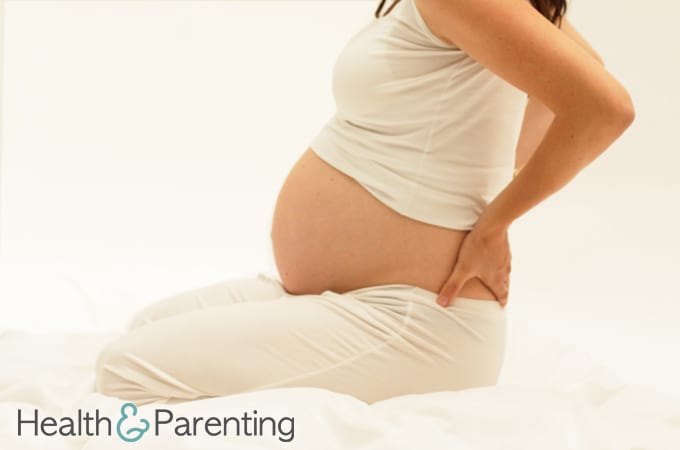In the science of medicine, a symptom is different from a sign. While a sign is objective, a symptom is a subjective evidence of a condition. It is a feeling that no other person can see, except for the patient. So when you say the symptoms of pregnancy, they refer to the changes and feelings that the mother, and only the mother, feels during pregnancy.
Most women do not experience any symptoms until the fertilized egg attaches itself to the uterine wall. However, those who are extremely tuned-in to the rhythms of their bodies may begin to suspect pregnancy as soon as conception occurs. Others first notice symptoms only after they’ve missed their period.
Below is a list of pregnancy symptoms. You may experience none, some, or all of these indications of impending motherhood.
1. Food Cravings or Food Aversions
Although it may sound like a cliché, food cravings and aversions are a pregnancy symptom. Many women feel cravings for certain foods which can last throughout their entire pregnancy. Some women develop aversions early in pregnancy – to both tastes and smells. If the cravings are accompanied by any of the other symptoms below, it may be time to do a pregnancy test.
2. Fatigue
Are you feeling tired all the time? Feeling more tired than usual is one of the symptoms of pregnancy that may start as early as the first week after conception. It is caused by high levels of the hormone progesterone, making you feel like you’ve run a marathon when all you’ve done is sit on a couch.
3. Tender Breasts
If you are pregnant, your breasts may become increasingly tender to touch. This is similar to the way you feel before you have your period. Once your body is accustomed to the hormone surge, the tenderness will eventually disappear. This symptom can begin as early as 1-2 weeks after conception.
4. Morning Sickness
If you are lucky, you won’t experience morning sickness until a few weeks after conception, if at all. However, there are women who experience morning sickness as early as a couple of days after conception. You may feel nauseated and queasy in the morning, noon or night. On the other hand, there are the lucky ones who do not experience morning sickness at all.
5. Missed or Different Period
If you have a regular period and it is late, you may want to try a pregnancy test. Home pregnancy tests are fairly accurate at a very early date in pregnancy. A missed period is one of the sure symptoms of pregnancy. There are also women who still bleed while pregnant, but the bleed is usually lighter and shorter.
What symptoms led you to believe you were pregnant?
This information is not intended to replace the advice of a trained medical doctor. Health & Parenting Ltd disclaims any liability for the decisions you make based on this information, which is provided to you on a general information basis only and not as a substitute for personalized medical advice. All contents copyright © Health & Parenting Ltd 2018. All rights reserved.











